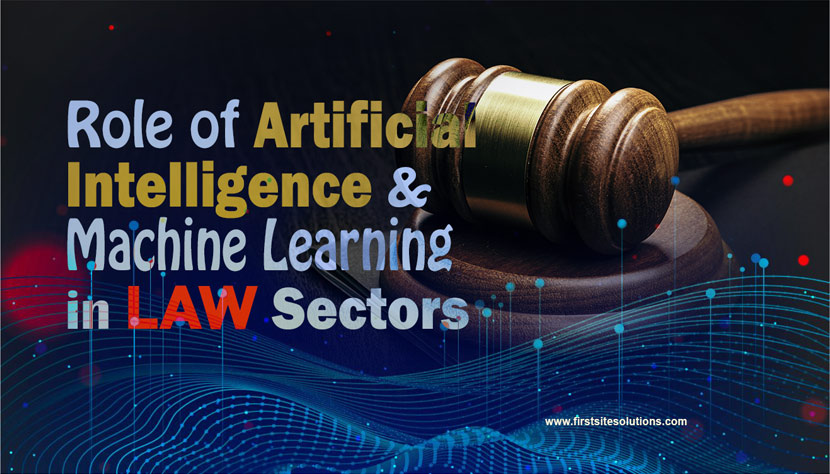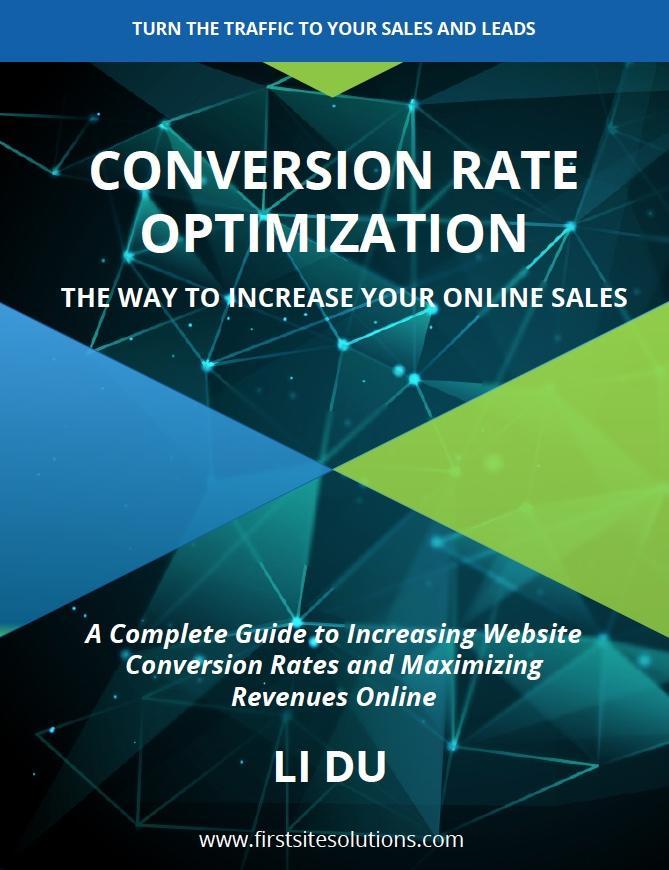
When a professional sector is confronted with new technology, concerns emerge about how the technology will affect everyday operations and the careers of people who select that field. And the legal profession and attorneys are no exception.
Artificial intelligence (AI) is now transforming the legal profession in a variety of ways, but in the majority of situations, it augments what people do and frees them up to focus on higher-level activities like counseling clients, negotiating deals, and presenting in court. You can find several essays written on AI.
What Is Artificial Intelligence?
Artificial intelligence is the phrase used when machines are able to accomplish activities that would normally need human intelligence. Machine education refers to when computers examine data and discover patterns and insights from it using rules (algorithms). Artificial intelligence is a big part of how legal practice is changing.
Almost all industries have turned to artificial intelligence technologies to help them cope with the rising economy and increased job pressure. In recent years, every industry has taken the lead in implementing artificial intelligence-based solutions.

Role Of Artificial Intelligence In The Legal Industry
Almost every sector makes use of artificial intelligence. It has also made its way into law companies and businesses, where it is assisting litigators, paralegals, and legal researchers with their procedures. Artificial intelligence is assisting the legal profession in a variety of ways. The following are the three primary areas:
- Assisting attorneys in carrying out their duties with due diligence and research.
- With the aid of Systematics, we can provide more insight and shortcuts.
- Automating process creation in legal endeavors, including some better writing or better content.
Application For Artificial Intelligence In The Legal Industry

Various elements of AI in the legal business may be discovered with thorough study and a careful grasp of the legal profession. There are four primary categories in which Artificial Intelligence applications are now used in the industry:
1. Due Diligence
Legal support personnel are kept busy in law offices all around the world doing due diligence to find background information on behalf of their clients. To successfully give advice to their clients, this task entails verifying facts and statistics and extensively reviewing past case decisions.
Because this task is typically tiresome for humans, artificial intelligence systems can assist these legal support workers in doing their due diligence more swiftly and accurately.
Lawyers use Artificial Intelligence technologies to do due diligence and uncover background information. In light of the current scenario, developers have chosen to incorporate a slew of new capabilities, like Agreement review, legal inquiry, and electronic media, in this sector of the business.
2. Legal Research And Document Verification
Machines may analyze papers and mark them as important to a certain case using AI-powered software, which enhances the speed of document analysis for legal purposes. Machine learning algorithms can seek to identify other documents that are equally relevant once a specific sort of document has been identified as relevant.
Machines sort documents far quicker than humans can, and they can generate output and findings that can be statistically confirmed. They can help people work more efficiently by just transmitting papers that are dubious rather than needing humans to evaluate all documents.
Legal research must be completed in a timely and comprehensive way, despite the fact that it is tedious. Natural language processing is used by AI systems to assist with document analysis.
3. Legal Outcomes Prediction
Artificial intelligence (AI) has the ability to analyze data in order to make better predictions about the outcomes of judicial processes than humans. Clients frequently seek their legal counsel to forecast the future, asking questions such as, “How likely will I win if we go to trial?” or “Should I make a compromise?”
Lawyers are better equipped to answer such questions thanks to AI that has access to years of trial data. Lawyers can acquire information points from prior or past instances using Artificial Intelligence technologies.
They can also utilize this data to keep track of the judge's instructions and forecasts. This technology is anticipated to become increasingly important on a worldwide scale in the near future.
4. Contract Management & Reviewing
Reviewing contracts to discover risks and flaws with how contracts are drafted that might have negative consequences for their customers is a large part of the job that law firms perform on behalf of their clients. They redline items, revise contracts, and advise customers on whether to sign or not to sign, as well as assist them in negotiating better conditions.
AI can assist with both bulk and individual contract analysis. LawGeex, Kira Systems, and eBrevia are among the software businesses that have developed AI tools, particularly for contract evaluation. These systems help classify contracts faster and with fewer mistakes than people.
Artificial Intelligence (AI) aids in the generation of findings for legal investigations and agreement evaluations. This aspect of AI programming appears to be extremely beneficial to legal firms and industries.
Final Thoughts
AI technology is seen to have the potential to increase efficiency. With the assistance of the machine learning algorithm input supplied to the app, Artificial Intelligence works on numerous algorithms capable of speeding up document verification and processing activity.
Artificial intelligence and machine learning have become increasingly important in today's corporate world. The legal profession appears to be embracing technology and reaping its benefits in a variety of ways. Artificial intelligence in the legal industry is widely recognized by businesses and is being used by a variety of enterprises across the world.








